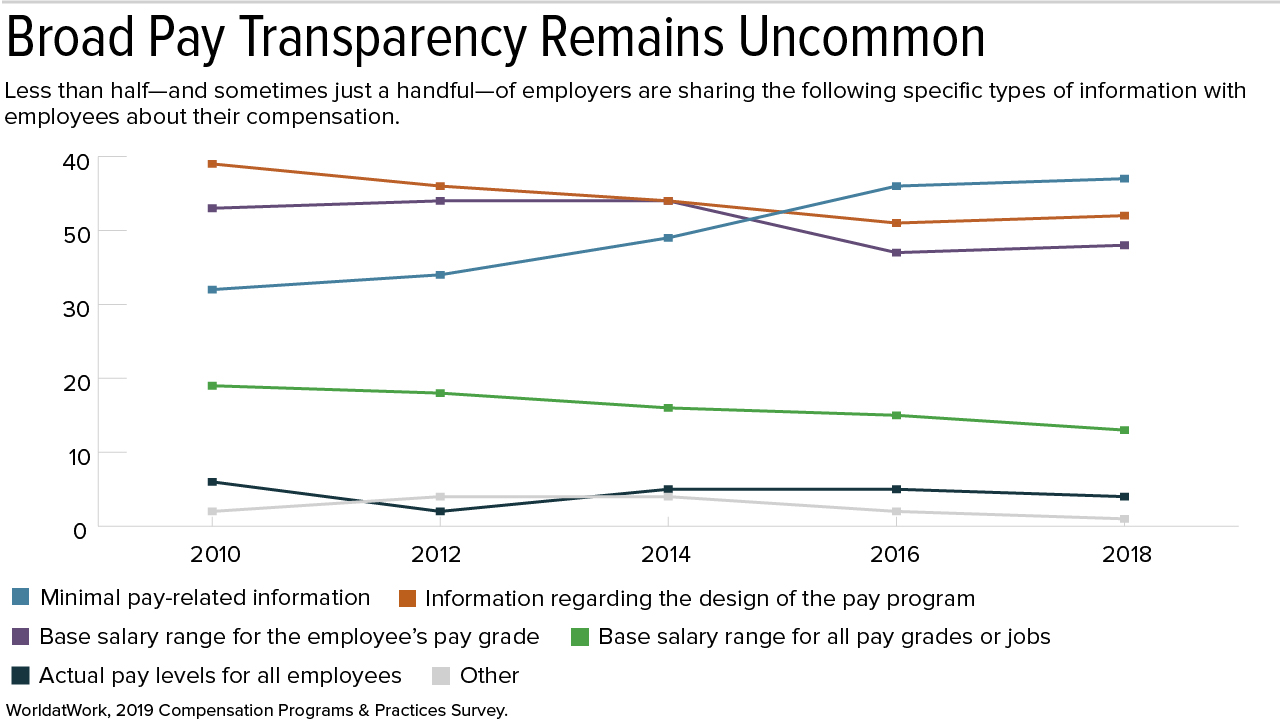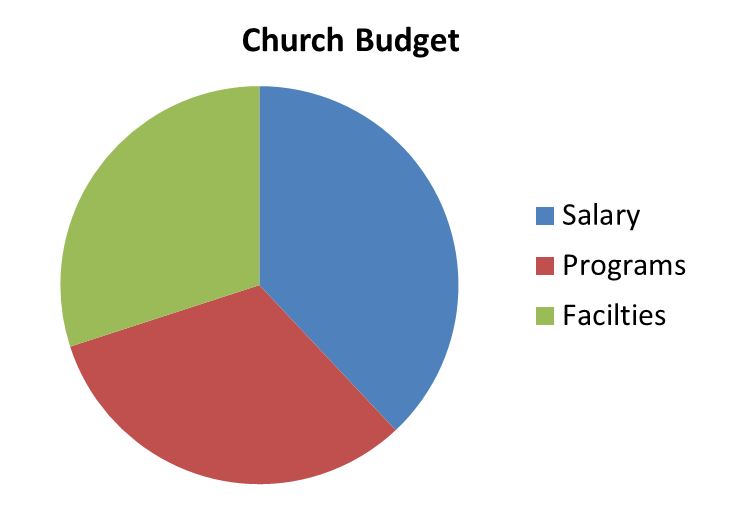Estimated reading time: 6 minutes
I began my career at a time when talking about pay was a no-no.
No one knew what a coworker or the person down the hall made, and we accepted it.
I have to admit that sometimes I did wonder, but for the most part, I didn’t think about it.
My husband, on the other hand, worked in the trades where journeymen’s pay was the same for everyone. Consequently, everyone knew what everyone else made.
Crew chiefs or Foremen got a few dollars over scale, but that was acceptable for the additional responsibility.
Fast forward a few decades, and equal pay issues have forced some conversations and a bit more transparency.
I’m frankly glad gender pay equality is now a conversation. A few decades ago, it simply wasn’t.
Ironically, most women knew the pay was different. But we also knew that rocking the boat by asking about salary was taking a risk of getting the infamous pink slip.
In some ways, I honestly think that ignorance was bliss in that situation. Why frustrate yourself over something you can’t do anything about?
The conversation about pay transparency.
A recent World at Work study found that many organizations share information regarding the design of the pay program and job-specific pay ranges.
However, a very small percentage of organizations share actual pay levels for all employees.

And interestingly, the number of organizations that share all pay levels has decreased since 2010.
Compensation professionals argue that sharing more is the best way to ensure employees understand that the organization is paying them a fair wage.
“Greater pay transparency also can lead to meaningful discussions around career path and performance. If employees know their range, they can have better conversations with their manager about how they can move forward in that range.” Lydia Frank, vice president of content strategy at PayScale.
Organizations don’t hold back pay information intentionally; it is often the result of trying to avoid complicated and time-consuming conversations.
The tension exists when the organization is put on the defensive because employees have information that prompts difficult questions.
But what about pay transparency for the church?
Inquiring Members Want to Know

Churches rely on the generous donations of its members.
And sometimes, those members are interested in how the organization spends its dollars.
And, since salary benefits are usually one of the bigger line items in a church budget – it sometimes piques the interest of well-meaning members.
The church has no legal obligation to share salary information, but there are some things you can do to communicate without being completely transparent.
So, how do you respond when members want
to know how much money the staff makes?
This can be an awkward and challenging conversation.
The best defense is often a strategic offense. Be intentional in what information you share, intending to answer questions before someone thinks to ask.
Share The Church Budget
Make it a practice of sharing budget information with members of the church. Once a year is typical, but a mid-year check-up can also be beneficial.
Share high-level budget details to avoid questions that you simply don’t want to have to answer.
For instance, do you really want to answer the question about what is purchased with the office supply budget?
And when it comes to salary, salary expenses, including benefits, should be a slice of the pie chart.

Share Compensation Strategy
Church members want employees to receive fair pay and benefits. Share your compensation strategy and the process the church goes through to ensure pay is competitive for the same job, particularly with other churches.
For instance, whether you do compensation research with other churches, your denomination or simply rely on a compensation handbook, be transparent with the how salaries are determined.
Additionally, if the strategy is to lead, match, or lag the market, communicate the church’s intent with compensation.
Hopefully, your church has a personnel or compensation committee. These teams are invaluable in helping to ensure that employees are compensated fairly for the work that they do.
Church Employees Want Pay Transparency
Dealing with pay transparency with employees is a different conversation.
Let’s be real. No one goes into ministry intending to get rich. That simply isn’t a realistic goal.
In fact, I have an acquaintance who just took a twenty percent pay cut to accept a job with a ministry. They felt called, which is what you do when you feel God leading you.
Most people who work for churches understand that pay will not equate to a corporate job.
Churches hire and determine salary based on many measures — education, experience, technical skills, etc. Consequently, comparing two employees is not always an apple-to-apple comparison.
For instance, if you have two secretaries, and one is paid $2,000 more a year because of years of experience and specialized skills, the coworker won’t consider those details. But will probably be resentful that they are not paid the same.
There are some things you can do to help an employee understand pay without divulging what their coworkers earn.
Compensation Strategy
The personnel committee is charged with creating a compensation strategy for the church. This strategy dictates how employees are paid, what benefits are offered, and how pay increases are awarded.
Employees should understand what they need to do to climb the salary range ladder.
Share the strategy with employees so they understand that compensation is important to the church and that the strategy ensures employees are compensated appropriately.
Share Job Specific Salary Ranges
Hopefully, your personnel committee has developed salary ranges. If so, a good place to start is to simply share job salary range information with employees.
Allow employees to see where they fall within the range. Discussing pay ranges can, and should, be a conversation during the hiring process, so there are no surprises.
For instance, if you hire a seasoned worship leader with lots of expertise and experience and you bring them in at the top of their pay range, they should understand that they are being paid close to the top of the range.
Share ranges with employees so they understand the incentive for doing a good job.
Most Churches are exempt from federal income tax if it has a 501(c)(3) nonprofit status. This is a factor that changes the pay transparency conversation.
Salary dollars are provided through the generous contributions of members and donors. Churches are obligated to be good stewards of church resources, and appropriate compensation is part of that stewardship.
Fair compensation is essential to retain a great staff. Determining how transparent you are with salary information is a decision your church will have to make.
However, when you go on the offense, and proactively share information and communicate often, you can deter those difficult salary questions.
How transparent is your church with salary information?



